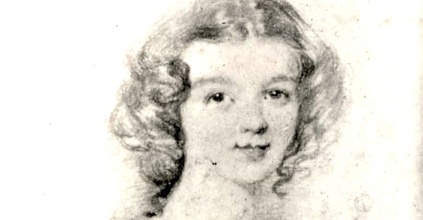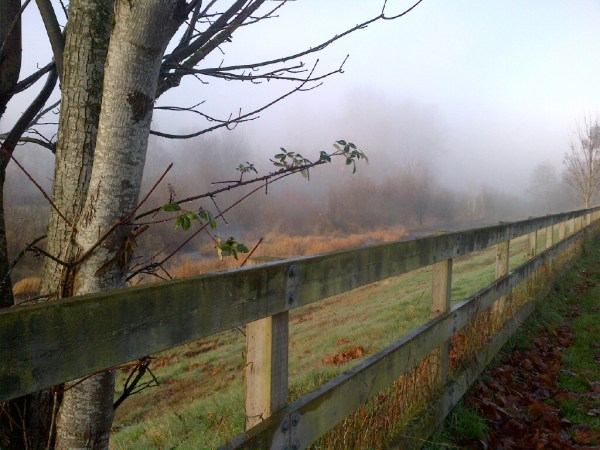
“Are things any better with Jack, or still the same?”
“They’re still the same. I’ve tried my hardest to find out what the problem is, but nothing I do makes any difference. I’m afraid I have just given up.”
As the two women take their seats across the aisle from me, I try not to stare. Their conversation has aroused my interest, set my imagination to work.
I wonder what on earth could be wrong with Jack and think up several different scenarios. Is he ill? Perhaps he only has months to live and couldn’t bring himself to upset his wife and family. Or is he facing redundancy and feels depressed, wondering how the family will manage without his salary? Or has he found someone else?
I decide it must be the latter. It will explain the change in his attitude to his wife, the reason why she has given up. He doesn’t really want to be with her but just can’t bring himself to end their relationship. I imagine them in their semi-detached house with small manageable garden, they have a mortgage and three children; the youngest would not have been planned. They used to holiday abroad for two weeks each year, now they take one week and spend it in a caravan somewhere in the Devon, barely speaking to each other.
He met the woman who became his mistress at work. She is tall and slim with a terrific personality, quite attractive with a great sense of humour. His wife was like her when they first married, he tells her, but now she is more interested in the children and her family than him.
The train races along and I am tempted to take out my notebook, but it is in my bag on the luggage rack and I am unwilling to cause a disturbance. I resist the temptation. I make a mental note to always make sure the notebook is in my handbag. The conversation between the two women is spasmodic, their voices low. I find it hard to hear anything further without making a fool of myself.
As the train enters a long tunnel, I have the opportunity to study their reflection in my window. Although a slightly distorted view, I see two women in early middle age; the one who had asked the question seems the younger of the two and is now reading a magazine. The other woman, the “wife”, is half-heartedly nibbling on a sandwich, staring into space.
Small stations flash past. The train will only make three stops before reaching London. I find that I feel sorry for the wife, she probably has done nothing other than carry on as she always has. Perhaps she too longs for more; a more interesting life, a more attentive husband, but feels it’s too late to do anything about it. She is just resigned to things the way they are, getting on with the mundane tasks life has handed her; a home to run, a husband and children to care for.
I decide that she looks like a ‘Susan’ and her friend is called ‘Louise’. I am busy creating lives for them and their families when the train pulls into Paddington. I gather my bag quickly from the rack and follow the two women from the train.
“There they are” calls Louise, pulling Susan’s arm and hurrying her along.
They walk towards two young women, waiting by the coffee shop.
“Where’s your dad?” asks Susan sounding worried.
So, Jack hasn’t even bothered to come to the station. I feel sad for her; she is still hoping for a change of heart, while he obviously just doesn’t care anymore.
Suddenly there is a commotion and out of the crowd a man comes running, being pulled along by a very excitable West highland terrier.
“Oh Jack” Susan cries stooping down to grab the dog, who is trying his best to jump up to her, “you’re back to your old self. I was so worried we were going to lose you.”
0-0-0-0-0-0-0-0-0-0-0–0-0
I feel more comfortable writing ‘memoir’ pieces and would welcome your feedback if you have the time.





